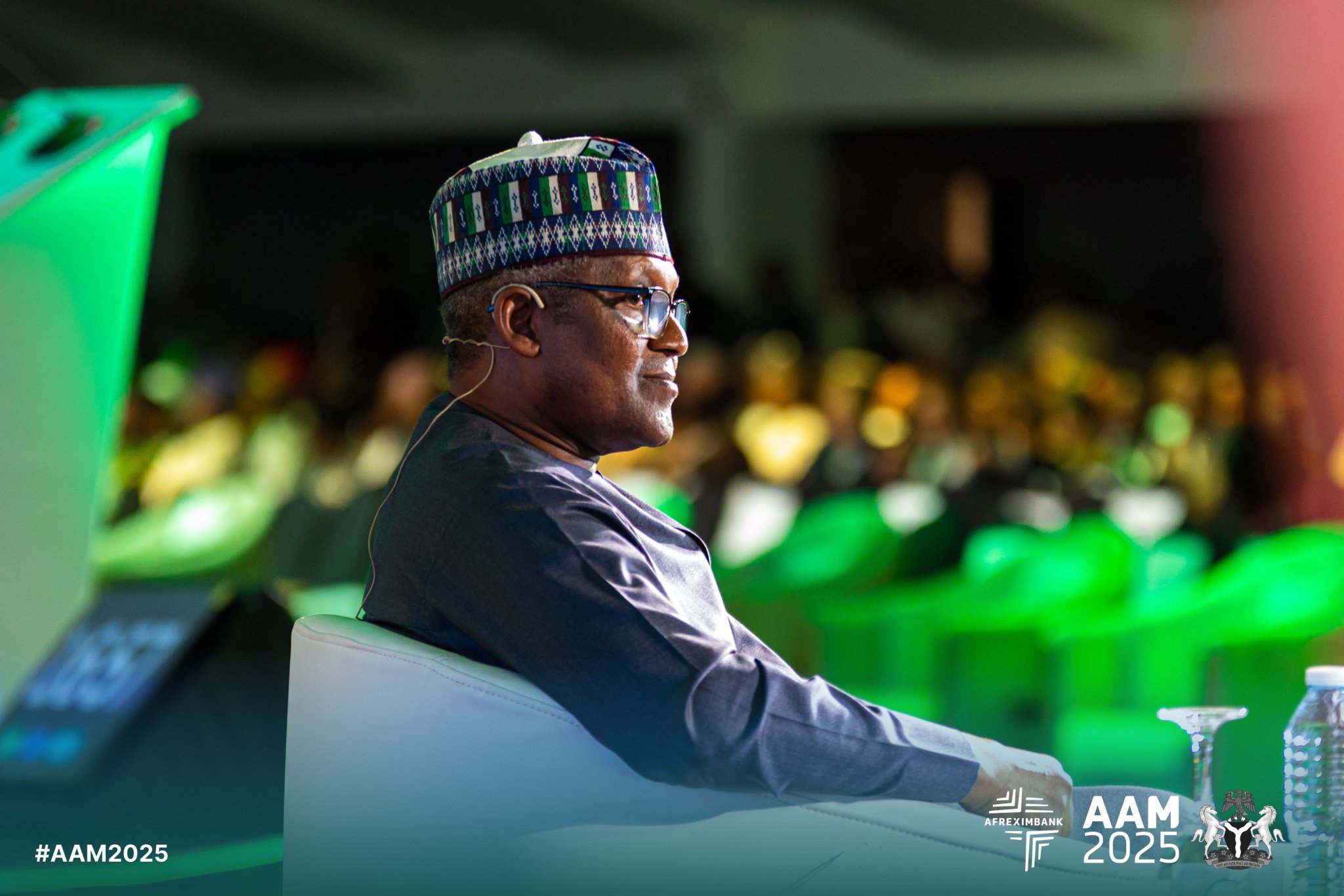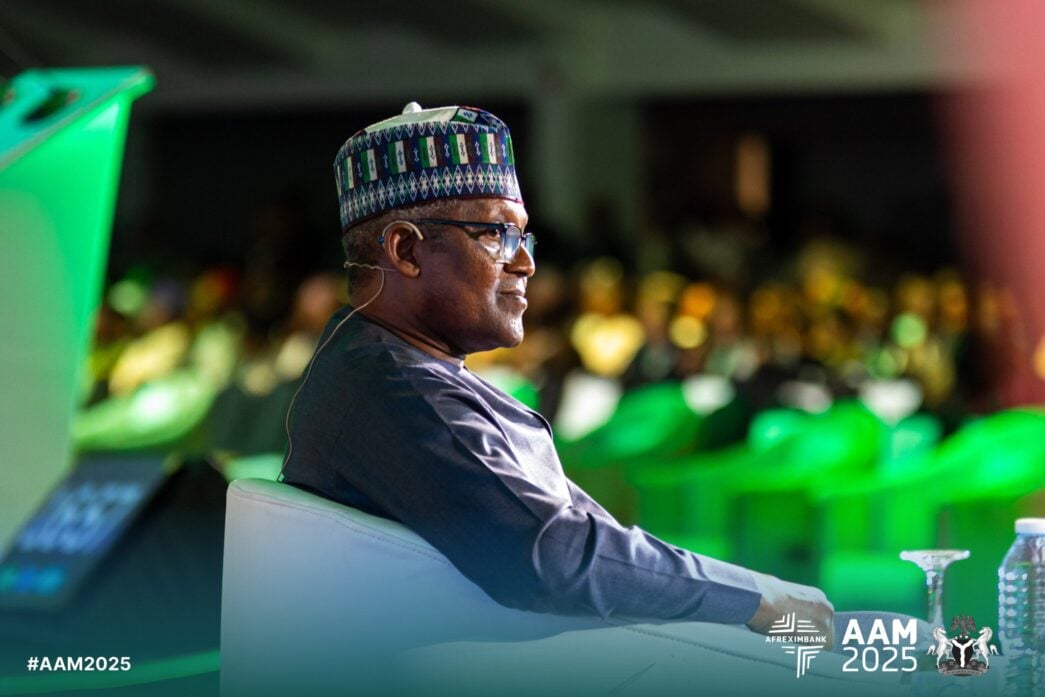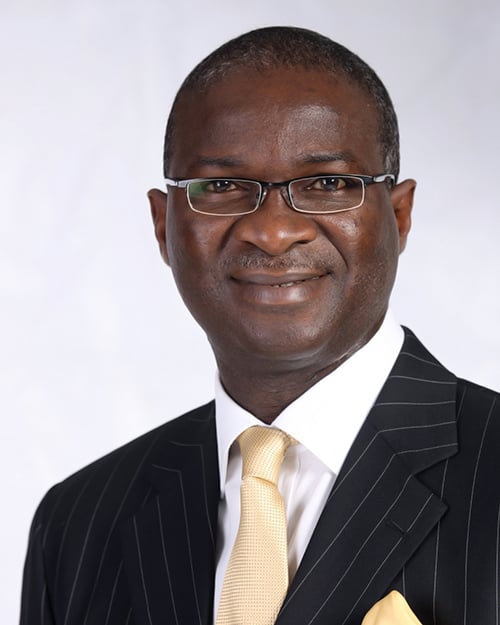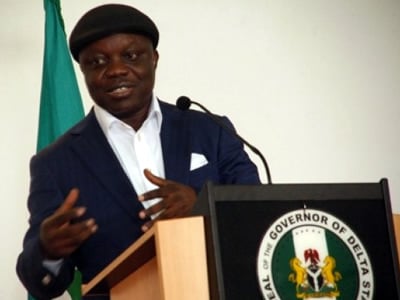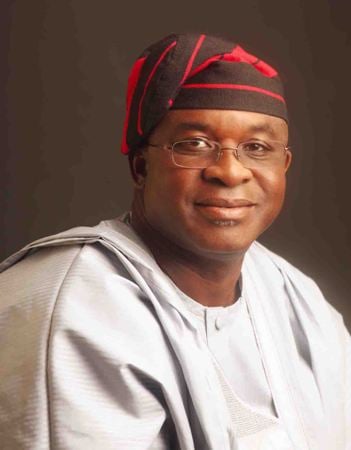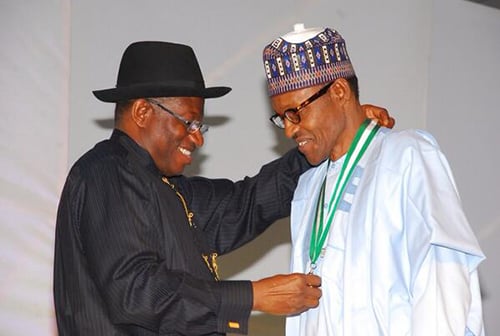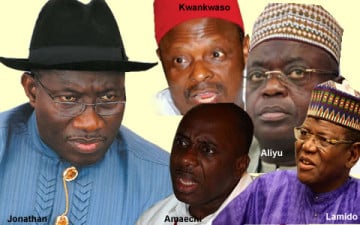Alike Dangote, president of the Dangote Group | Photo credit: Posted by Afreximbank on X
Former vice-president Atiku Abubakar and Aliko Dangote, president of the Dangote Group, have asked northern governors to imbibe discipline in leadership for the economic recovery of the region.
Speaking on Saturday at the closing session of the 25th anniversary of the Arewa Consultative Forum (ACF) in Kaduna, the duo implored northern leaders to take action against threats destabilising the region.
Abubakar said new actors are using technology to deepen communal suspicion, describing this as “sophisticated subversion”.
He said the ACF’s survival through thick and thin shows the importance of institutions that endure political and social turbulence.
Advertisement
The former presidential candidate recalled a warning by Ahmadu Bello, former premier of the defunct northern region, urging the leaders to commit to inclusion.
“Sir Ahmadu Bello told us that ‘they set tribe against tribe, Christian against Muslim, people against their Chief’,’’ he recalled.
He added that Bello’s caution remains relevant as divisive messages increasingly gain virality.
Advertisement
“United we stand, divided we fall,” Abubakar said.
“The major challenge to our unity is our failure to manage our diversity.
“Look at China and India, we should think about how to make our diversity work for our development.”
He warned that the region’s natural resources are under threat.
Advertisement
“Some obstacles are subtle, including sophisticated subversion by adversaries who fabricate stories and exploit fears to sow discord,” he said.
“Their target is our God-given wealth. We have seen what happened in the Democratic Republic of Congo. We must not relent.”
He asked northern governors to prioritise human capital, saying education, healthcare, and jobs must guide policy.
“By 2050, Nigeria will be the third most populated country in the world. How do we feed, educate, and provide jobs for this population if we do not act now?” he asked.
Advertisement
Dangote said the north has struggled with poor planning, weak power supply, and abandoned industrial initiatives, noting that without a clear policy shift, insecurity and economic stagnation will deepen.
Advertisement
